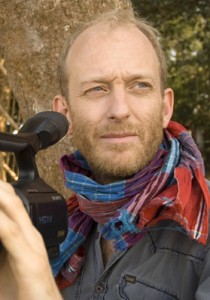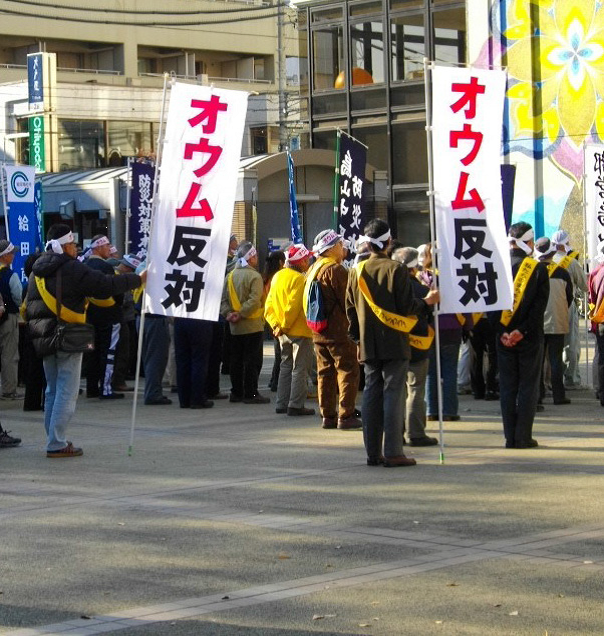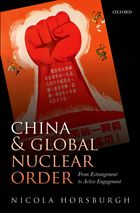 The global management of nuclear weapons and the ascendancy of China in international affairs pose two of the greatest challenges for international security today. Yet we know relatively little about the nuclear dimension of China’s rise, and the extent to which China has shaped global nuclear politics.
The global management of nuclear weapons and the ascendancy of China in international affairs pose two of the greatest challenges for international security today. Yet we know relatively little about the nuclear dimension of China’s rise, and the extent to which China has shaped global nuclear politics.
This new book, published in February 2015 by Oxford University Press, offers insight into these issues by offering an empirically rich study of Chinese nuclear weapons behaviour and the impact of this behaviour on global nuclear politics since 1949. In particular, the book advances the argument that, in the 1960s and 1970s, Maoist China –at the time highly critical of superpower attempts to curtail the spread of nuclear weapons– had a greater hand than previously thought in indirectly creating global nuclear order. Since then, China has become a fully-fledged member of global nuclear order, playing a direct and pivotal role in regional and global nuclear politics.
The book also offers theoretical reflections upon nuclear weapons and global order. The concept of global nuclear order is relatively new, but it has become popular among academics and policymakers working in the nuclear field. It is certainly an innovative lens through which to consider China as a nuclear weapons state because it draws attention to the inner workings –institutional and normative—of nuclear politics. It is also timely: the challenges to global nuclear order today are numerous, from Iranian and North Korean nuclear ambitions to the growing threat of nuclear terrorism. This book considers these challenges from a Chinese perspective, exploring how far Beijing has gone to the aid of nuclear order in addressing these issues.
Dr Nicola Horsburgh
Dr Nicola Horsburgh received an ESRC BICC scholarship to fund an MPhil in Modern Chinese Studies and DPhil in International Relations at Oxford University from 2006 to 2011. She is currently a British Academy Postdoctoral Fellow based at the Oxford Institute for Ethics, Law and Armed Conflict in the Department of Politics and International Relations at Oxford. Dr Horsburgh is also a Stipendiary Lecturer in International Relations at Trinity College, Oxford, a BA Fellow in the Asian Studies Centre at St. Antony’s College and a research associate of the Oxford China Centre
The BICC played an important role in funding the research that lies at the heart of this book. From 2006 to 2011, Nicola was a BICC student (MPhil and DPhil) at the University of Oxford. Through this funding, she was able to conduct extended fieldwork in China and the United States, serving as a visiting scholar at Tsinghua University, Beijing, and as a pre-doctoral fellow at the Center for Nonproliferation Studies in Monterey, USA.

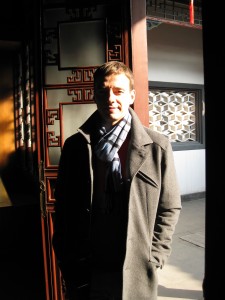 My Ph.D. was completed at the University of Bristol with support from the British Inter-University China Centre’s language based area studies scheme. As such, I was very fortunate to receive a year of language training at Peking University, and further training in reading classical Chinese Buddhist texts with my supervisor, Dr. John Kieschnick, in Bristol. My thesis, entitled ‘Voices of Experience: Modernity and Buddhist Meditation in Republican-era China,’ examines Chinese Buddhism’s response to the intellectual and political reconstructions which took place at the beginning of twentieth century. It looks at the writings of a number of important Buddhist figures from the period, examines the discourse taking place in the then newly emerging Buddhist journals, and compares these findings with current scholarly consensus regarding Buddhism’s adaptation to the modern period. I am currently working on converting this thesis into a monograph, and am preparing a journal article on the prominent reformist monk Shi Yuanying’s presentation of The Awakening of Faith in Mahāyāna. My intention, moreover, is to continue the research developed during my Ph.D., and I am therefore working on a project to investigate the reception of classical Buddhist mediation manuals in Republican era Buddhist journals, and the manner in which Buddhist meditation was secularised and made part of the self-strengthening discourse at this time.
My Ph.D. was completed at the University of Bristol with support from the British Inter-University China Centre’s language based area studies scheme. As such, I was very fortunate to receive a year of language training at Peking University, and further training in reading classical Chinese Buddhist texts with my supervisor, Dr. John Kieschnick, in Bristol. My thesis, entitled ‘Voices of Experience: Modernity and Buddhist Meditation in Republican-era China,’ examines Chinese Buddhism’s response to the intellectual and political reconstructions which took place at the beginning of twentieth century. It looks at the writings of a number of important Buddhist figures from the period, examines the discourse taking place in the then newly emerging Buddhist journals, and compares these findings with current scholarly consensus regarding Buddhism’s adaptation to the modern period. I am currently working on converting this thesis into a monograph, and am preparing a journal article on the prominent reformist monk Shi Yuanying’s presentation of The Awakening of Faith in Mahāyāna. My intention, moreover, is to continue the research developed during my Ph.D., and I am therefore working on a project to investigate the reception of classical Buddhist mediation manuals in Republican era Buddhist journals, and the manner in which Buddhist meditation was secularised and made part of the self-strengthening discourse at this time.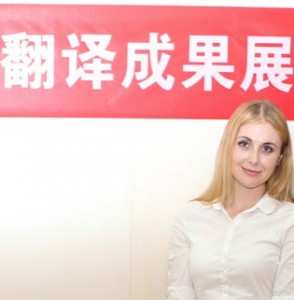 I have always had a deep interest in Chinese culture, since as far back as I can remember. This grew to become a strong interest in the country’s language, society, and politics. What the BICC PhD scholarship has given me is an opportunity to develop an academic-based career and a life for myself in China.
I have always had a deep interest in Chinese culture, since as far back as I can remember. This grew to become a strong interest in the country’s language, society, and politics. What the BICC PhD scholarship has given me is an opportunity to develop an academic-based career and a life for myself in China.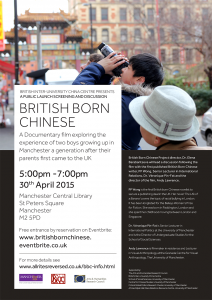
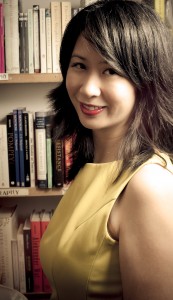 PP Wong is the first British born Chinese novelist to secure a publishing deal in the UK. Her novel
PP Wong is the first British born Chinese novelist to secure a publishing deal in the UK. Her novel 
